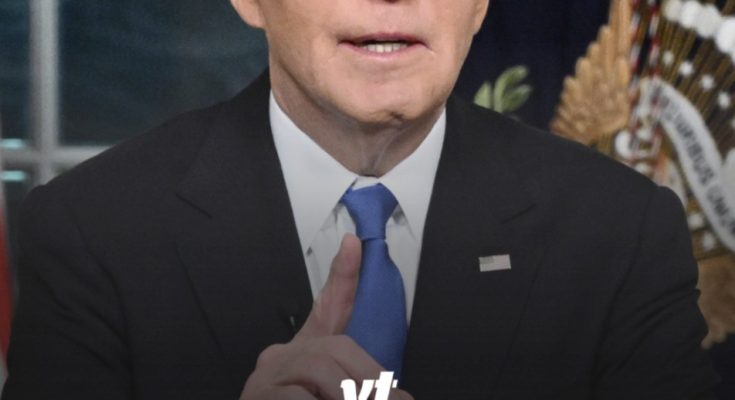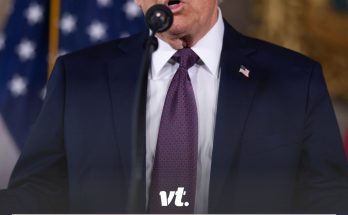In a last-minute display of presidential authority, President Joe Biden has issued what have been viewed as “preemptive” pardons for a number of individuals.

The announcement was made on Monday morning, with pardons issued for Gen. Mark Milley, Dr. Anthony Fauci, and several members of Congress who served on the committee investigating the January 6, 2021, attack on the Capitol.
The move – coming in the closing hours of Biden’s presidency – is widely seen as a protective measure for prominent critics of President-elect Donald Trump, CNN reports, including former Republican Rep. Liz Cheney.
“Our nation relies on dedicated, selfless public servants every day. They are the lifeblood of our democracy,” Biden said in a statement released alongside the announcement. “Yet alarmingly, public servants have been subjected to ongoing threats and intimidation for faithfully discharging their duties.”
Pardons Without Implication of Guilt
Biden was careful to clarify that the pardons were not an acknowledgment of any wrongdoing by those receiving them.
“The issuance of these pardons should not be mistaken as an acknowledgment that any individual engaged in any wrongdoing, nor should acceptance be misconstrued as an admission of guilt for any offense,” he wrote in his official statement.
“Our nation owes these public servants a debt of gratitude for their tireless commitment to our country.”
The pardons are particularly significant for Milley and Fauci, both of whom were frequent targets of criticism during Trump’s first presidency.

Milley, who served as chairman of the Joint Chiefs of Staff, was outspoken in his warnings about Trump’s leadership, labeling him a fascist, per The Washington Post.
In a statement to CNN responding to the pardon, Milley said he and his family were “deeply grateful” for Biden’s efforts, adding: “After forty-three years of faithful service in uniform to our nation, protecting and defending the Constitution, I do not wish to spend whatever remaining time the Lord grants me fighting those who unjustly might seek retribution for perceived slights.
“I do not want to put my family, my friends, and those with whom I served through the resulting distraction, expense, and anxiety.”

Fauci, as director of the National Institute of Allergy and Infectious Diseases, also became a lightning rod for right-wing vitriol during the pandemic. This was amplified as conspiracy theories circulated on social media about Fauci’s motives and the effectiveness of his recommendations.
Weighing the Decision
Biden’s decision to issue the pardons comes amid heightened tension over Trump’s vows to retaliate against his political opponents, per The Guardian. In a statement earlier this month, Biden acknowledged that Trump’s rhetoric and potential plans to prosecute critics played a role in his consideration of the pardons.
“It depends on some of the language and expectations that Trump broadcasts in the last couple of days here as to what he’s going to do,” Biden told reporters when asked about his pardon considerations.
He added: “The idea that he would punish people for not adhering to what he thinks should be policy as it related to his well-being is outrageous.”
Calls for Protection Amid Divided Opinions
Former Republican Rep. Adam Kinzinger and Democratic Sen. Adam Schiff, both key figures in the January 6 investigation, have expressed differing views on preemptive pardons. Both legislators played central roles in holding Trump accountable during his post-election efforts to overturn the 2020 results, but Kinzinger and Schiff have publicly stated they do not wish to receive such pardons.
Biden acknowledged the complexities of the decision in an interview with USA Today, revealing that he advised Trump against pursuing political retribution during their Oval Office meeting shortly after Trump’s November victory.
“There was no need, and it was counterintuitive for his interest to go back and try to settle scores,” Biden recalled telling Trump.
As Biden exits the presidency, the pardons mark an extraordinary use of executive power aimed at protecting public servants in the face of potential reprisals.
With Trump set to take office once more later today, the pardons underscore ongoing concerns over the politicization of governance and the personal safety of those who have publicly opposed him.
For now, Biden’s parting act serves as both a shield and a statement — a reminder, in his words, that the nation’s public servants remain the “lifeblood of our democracy”.



